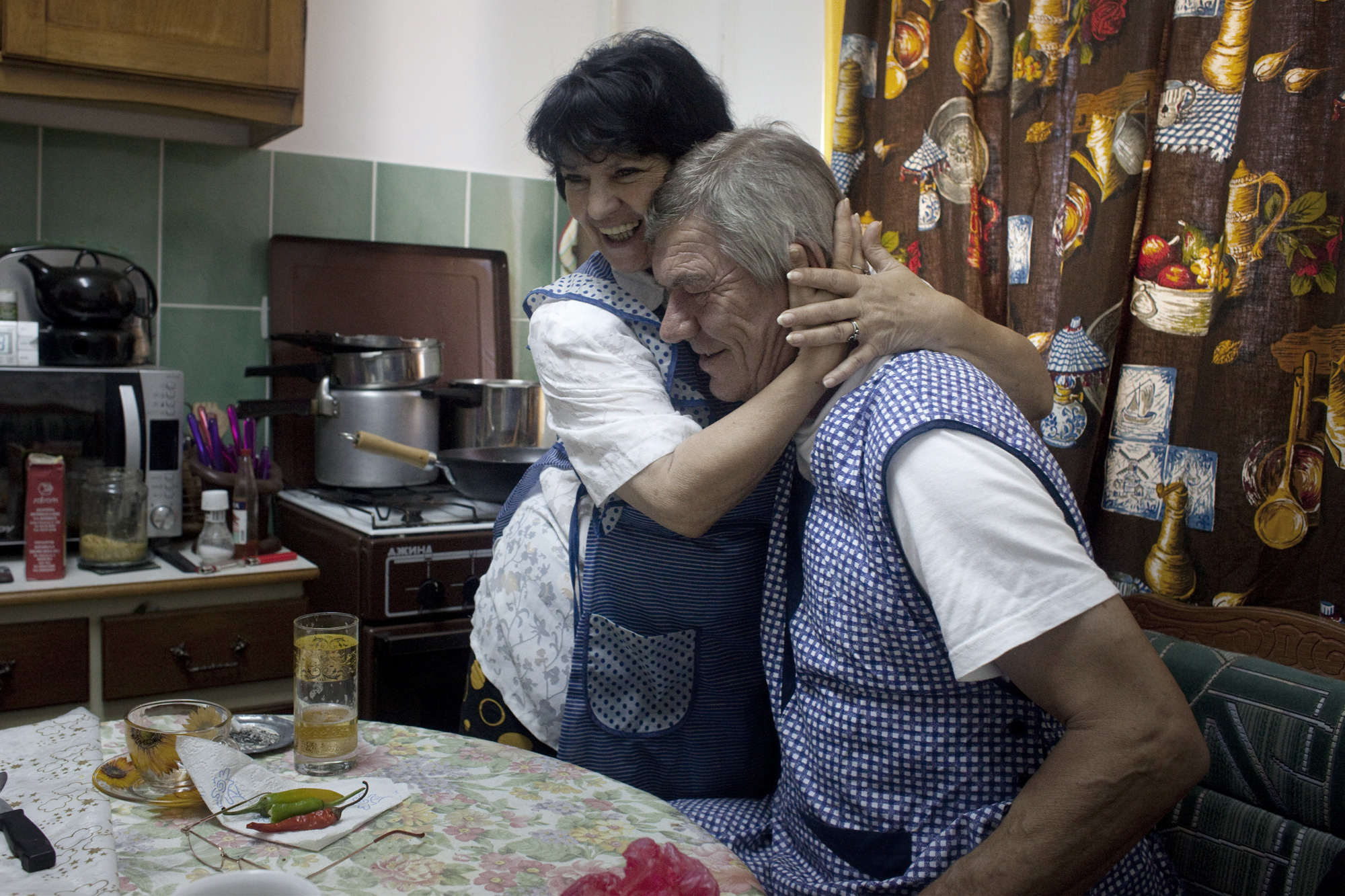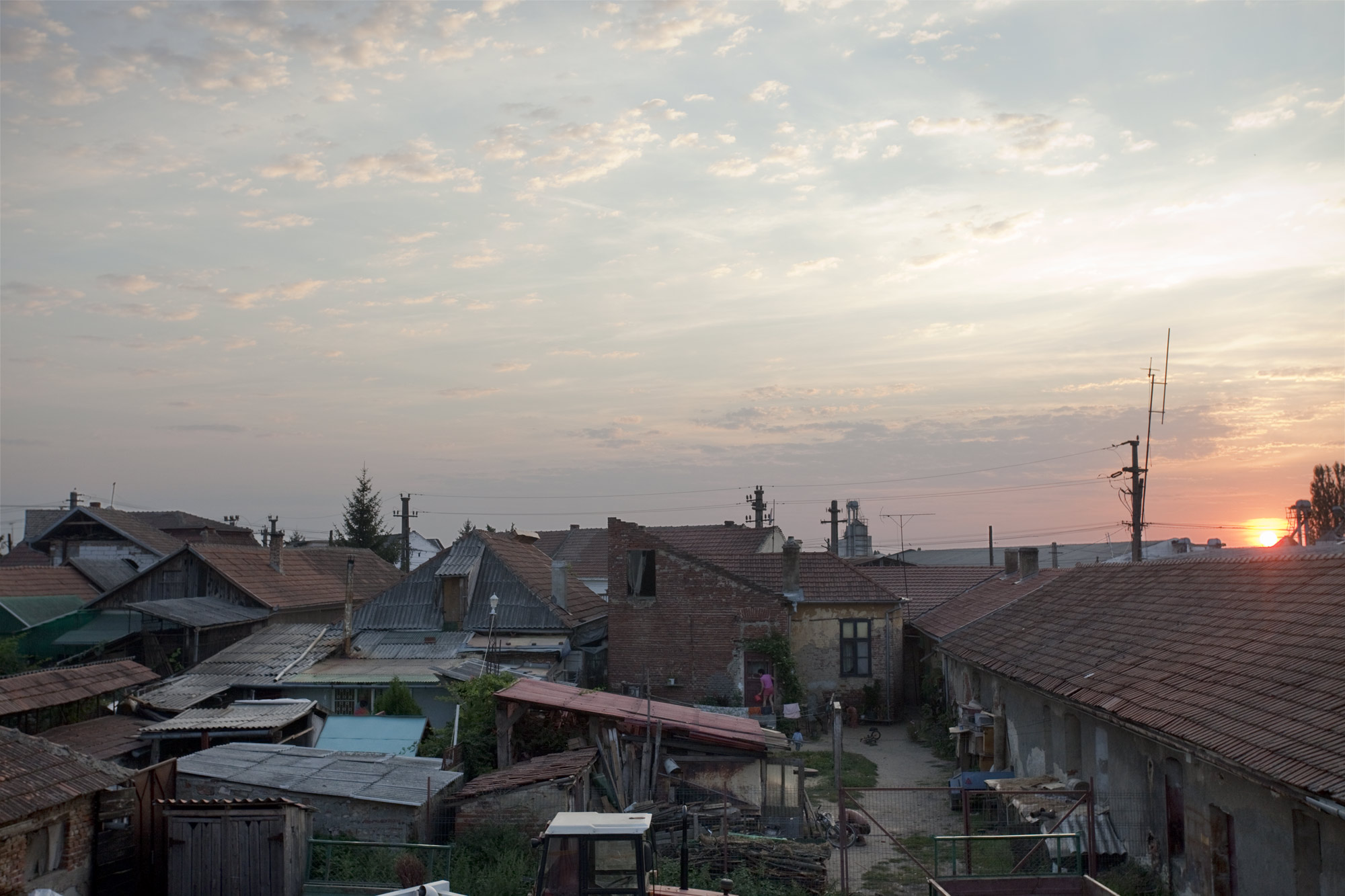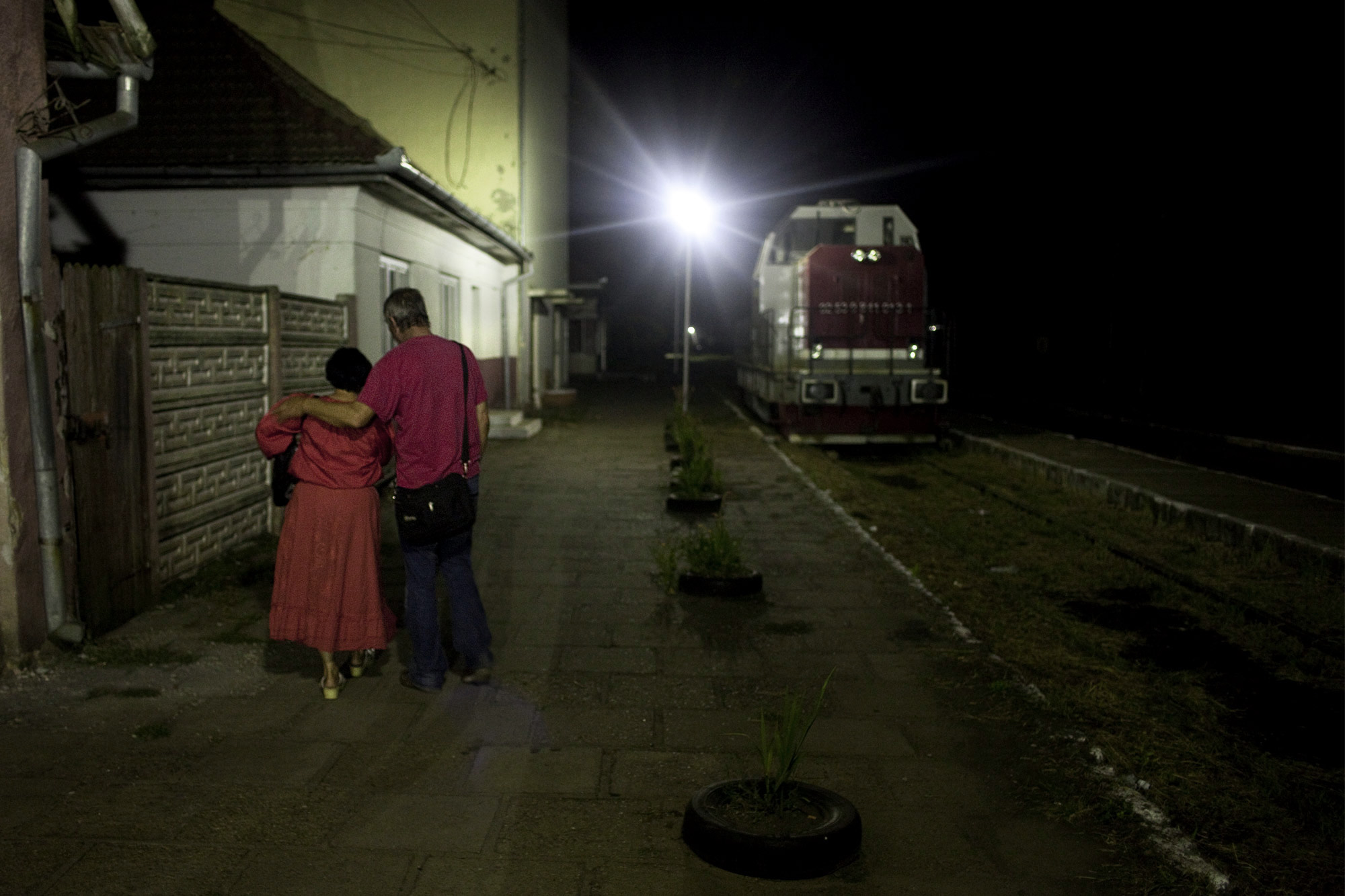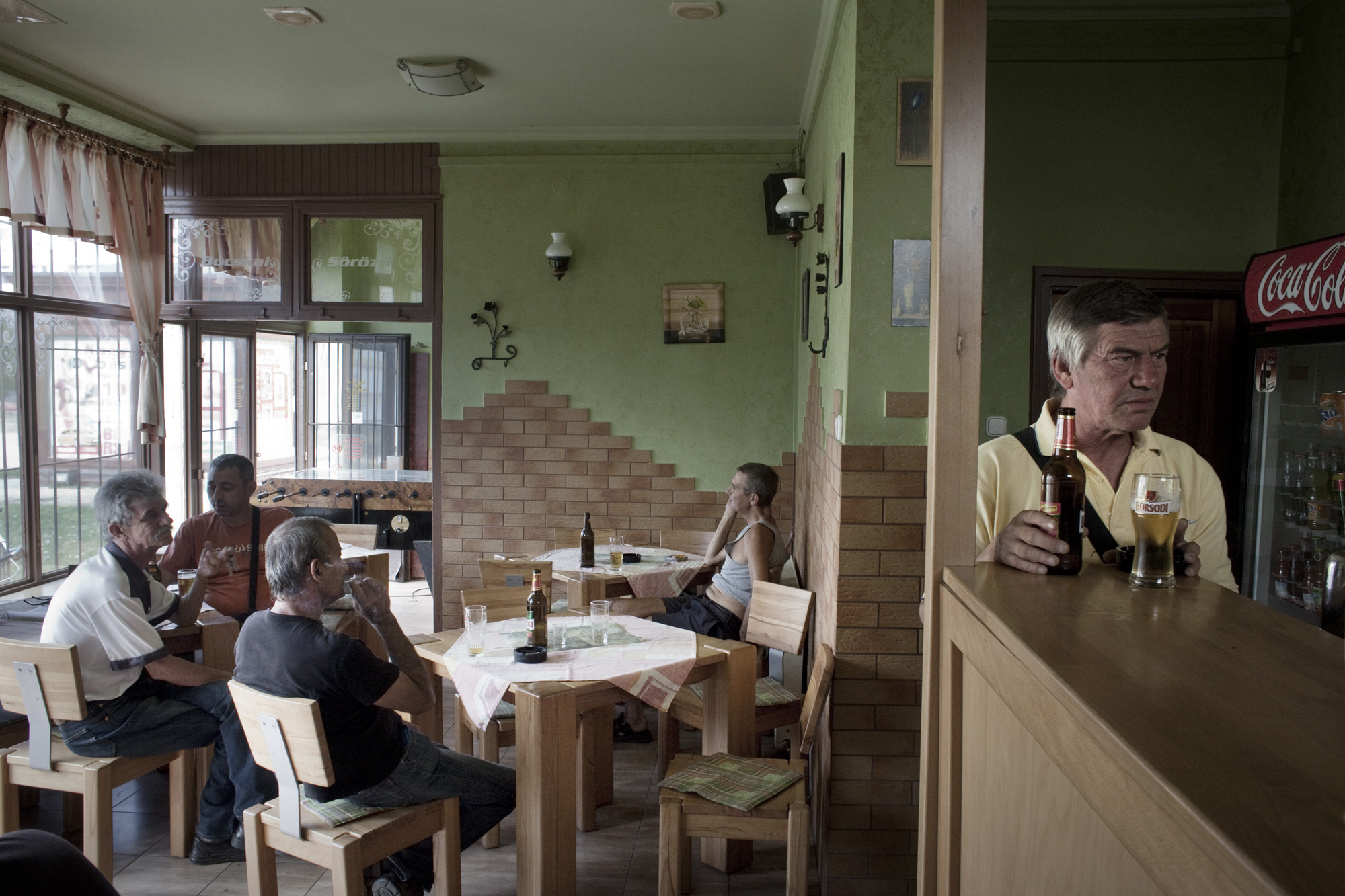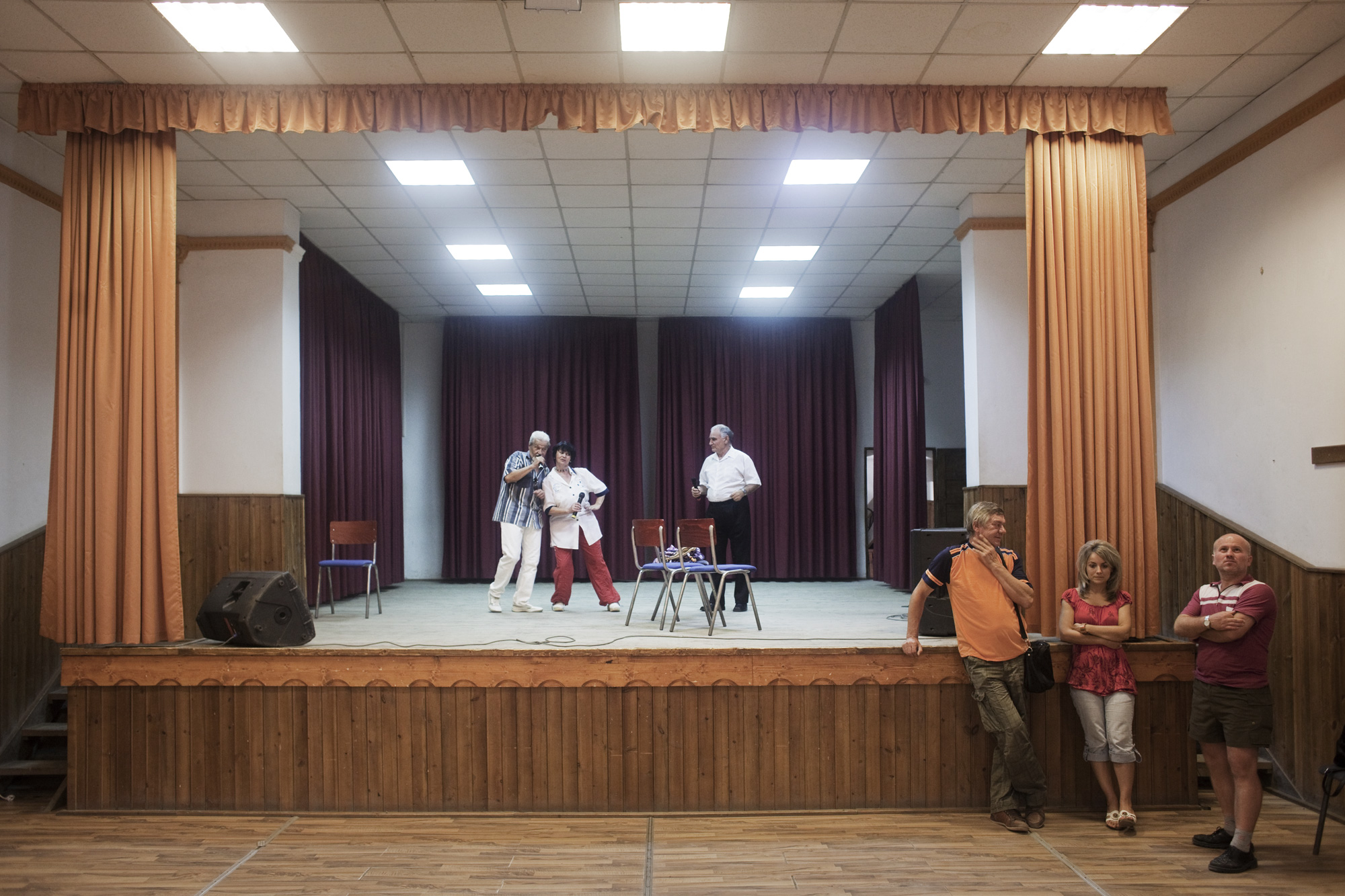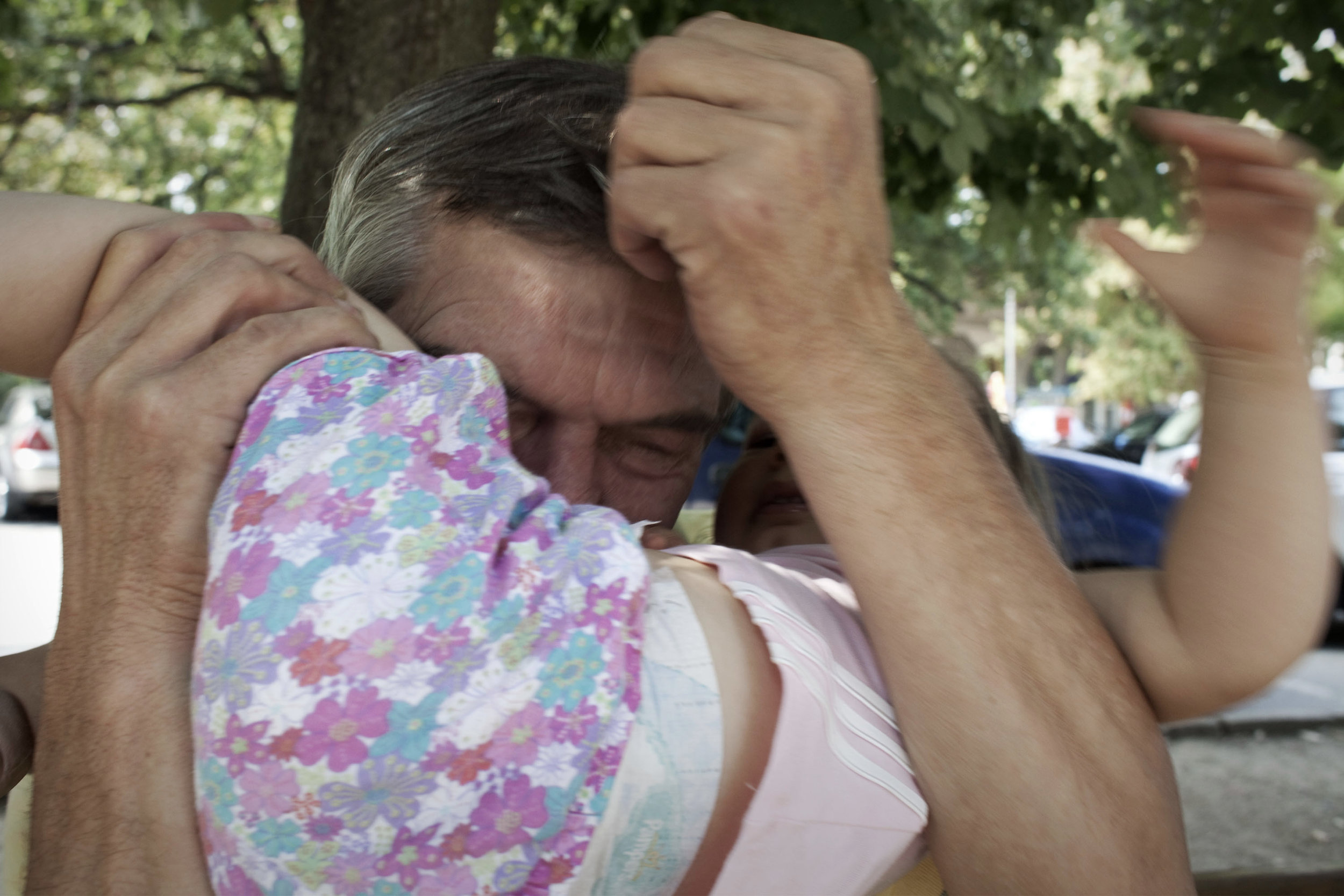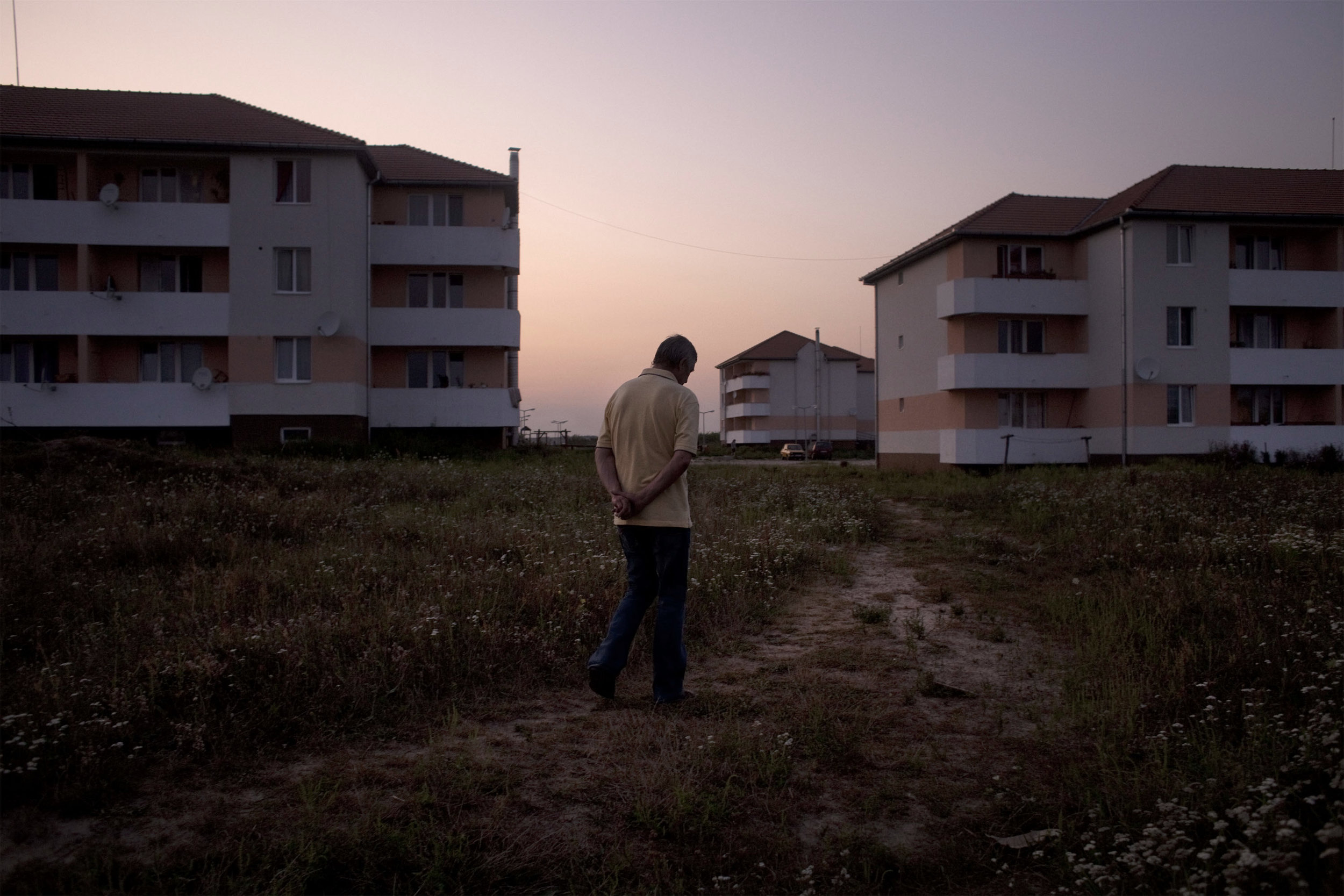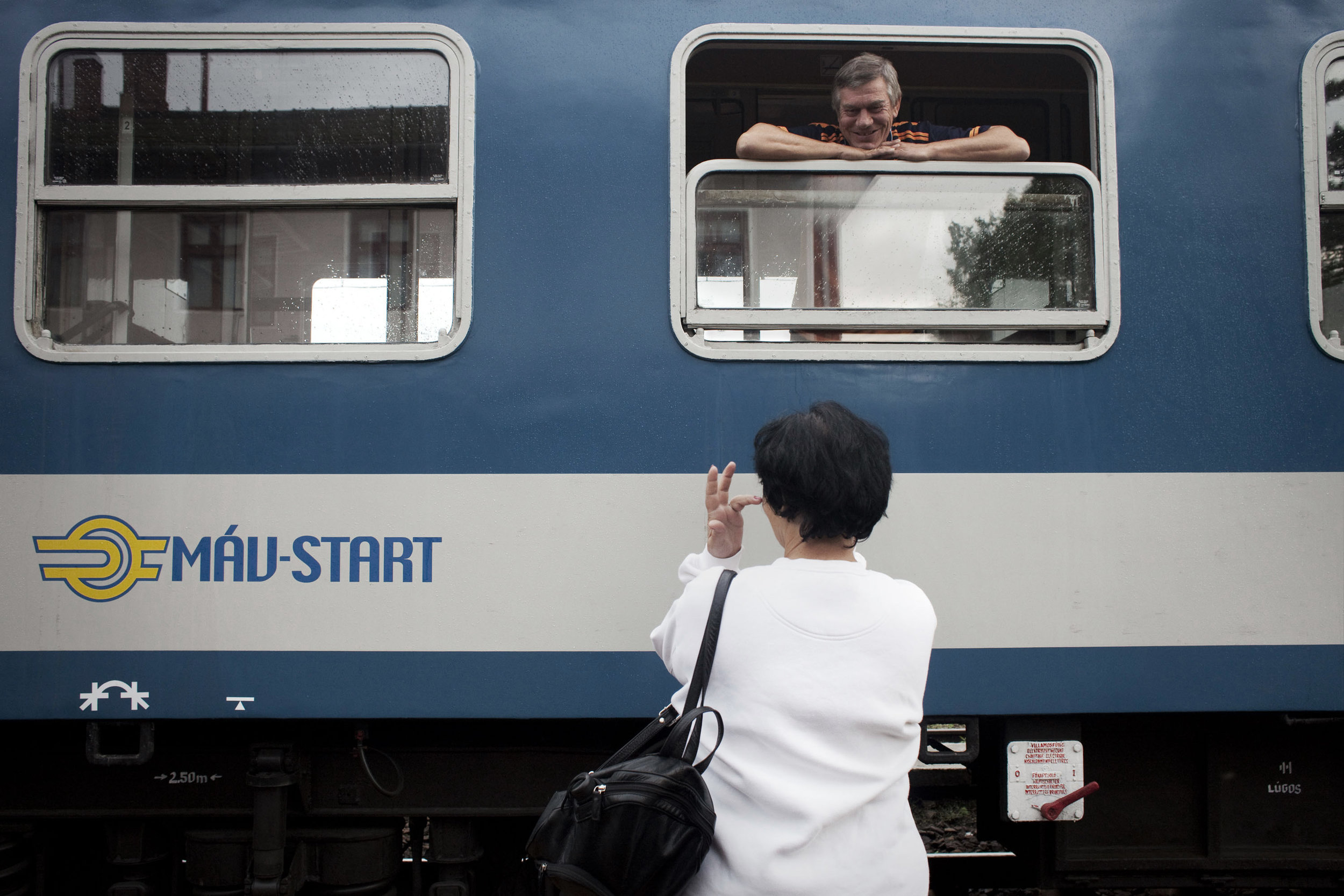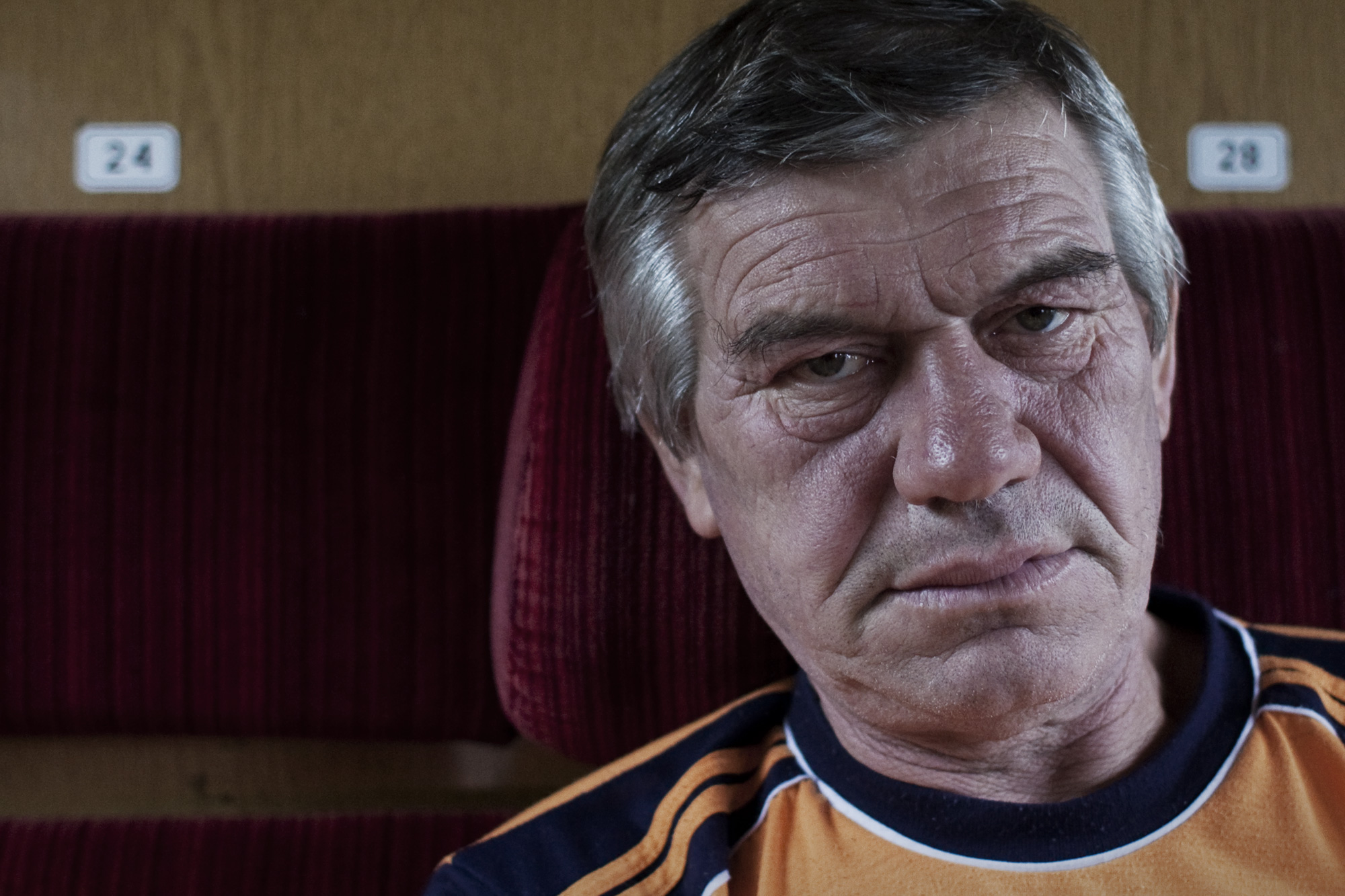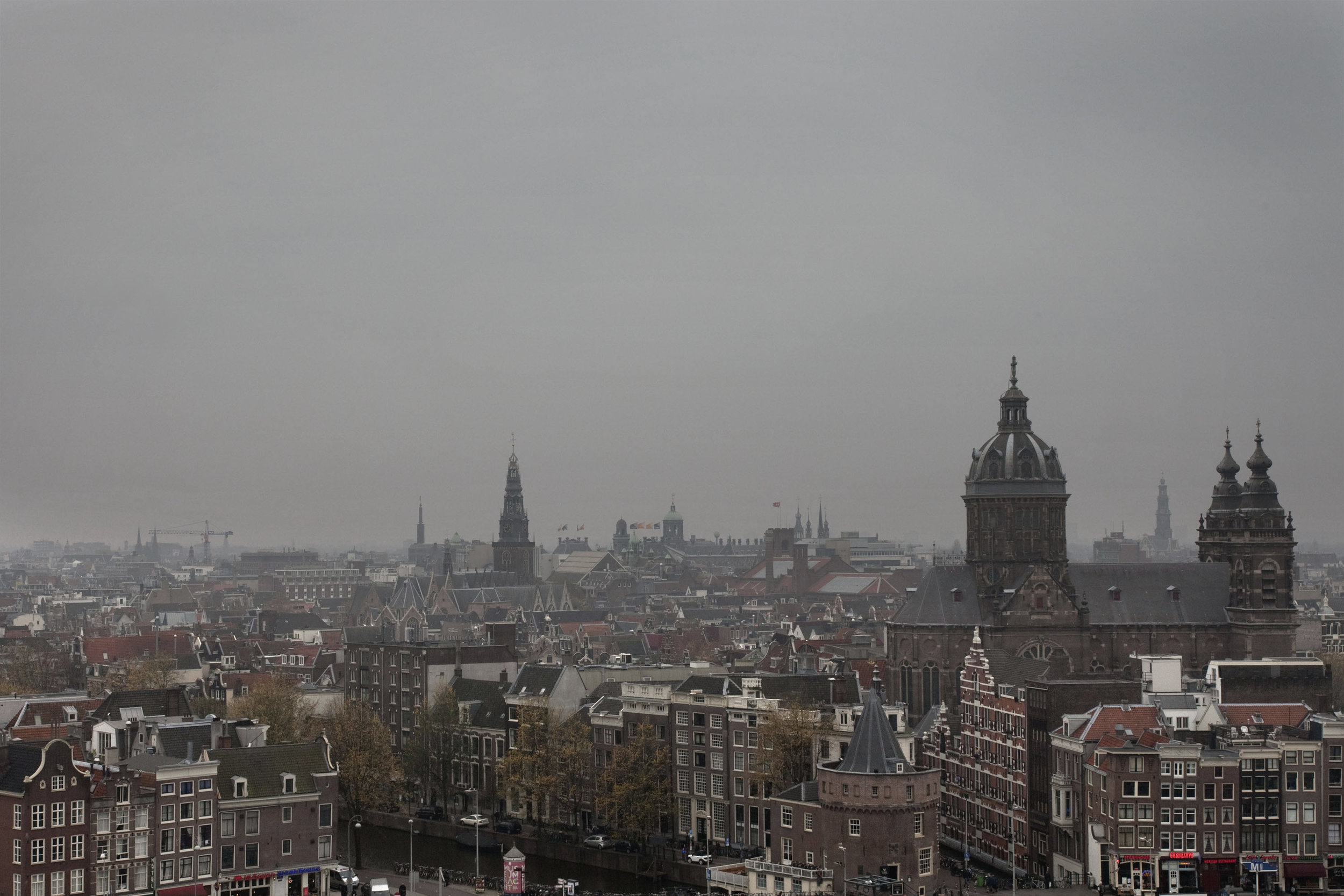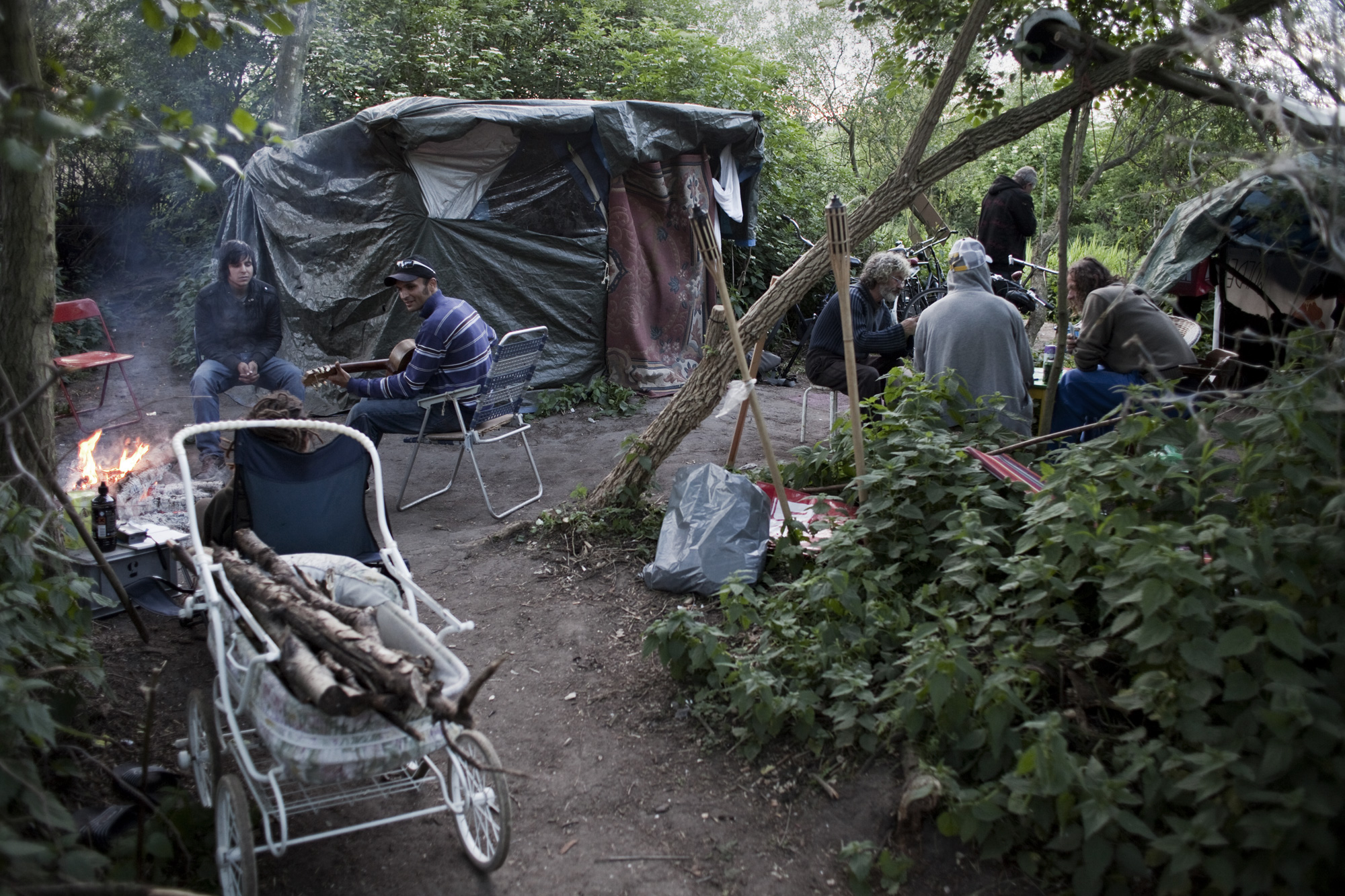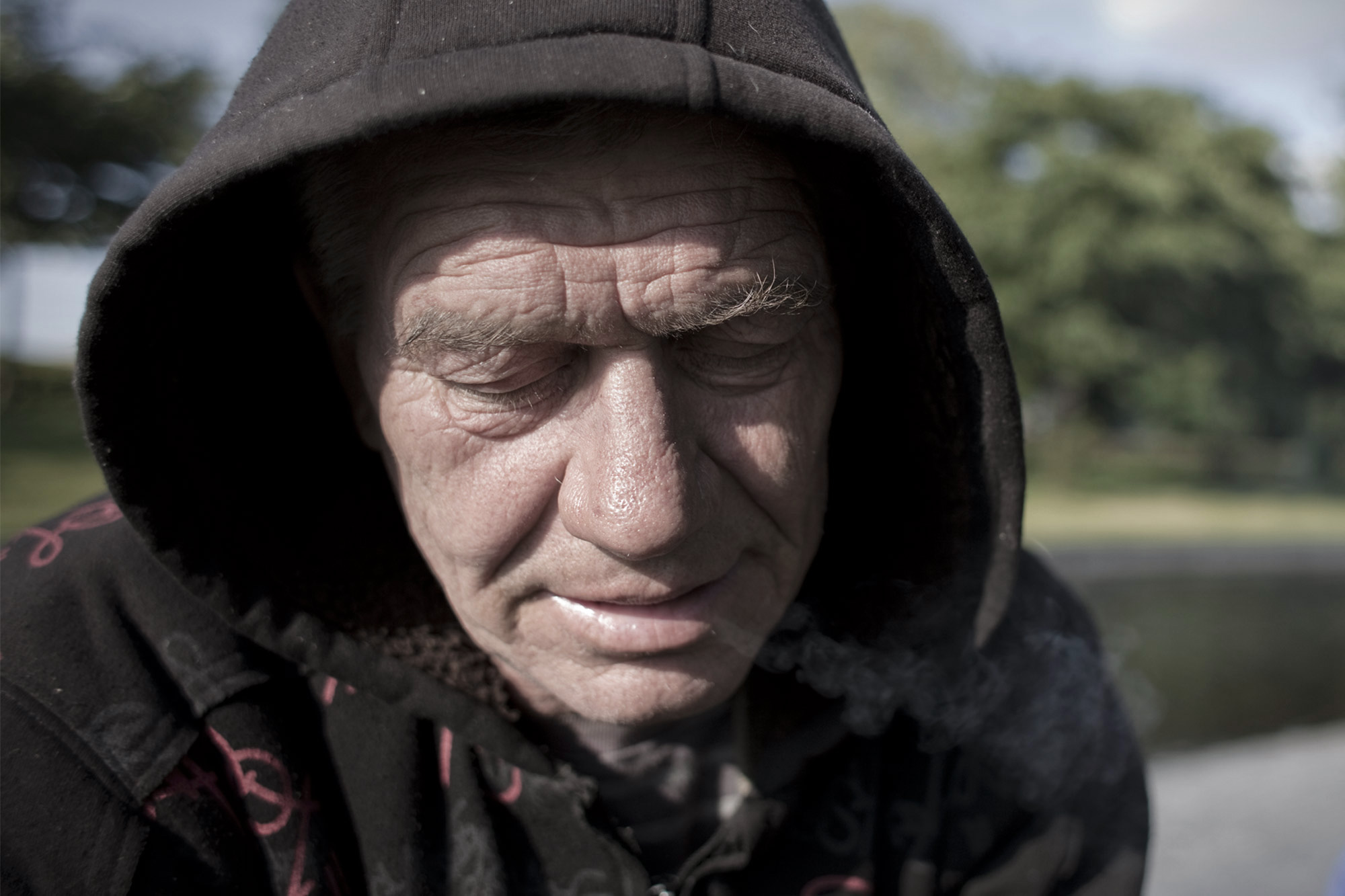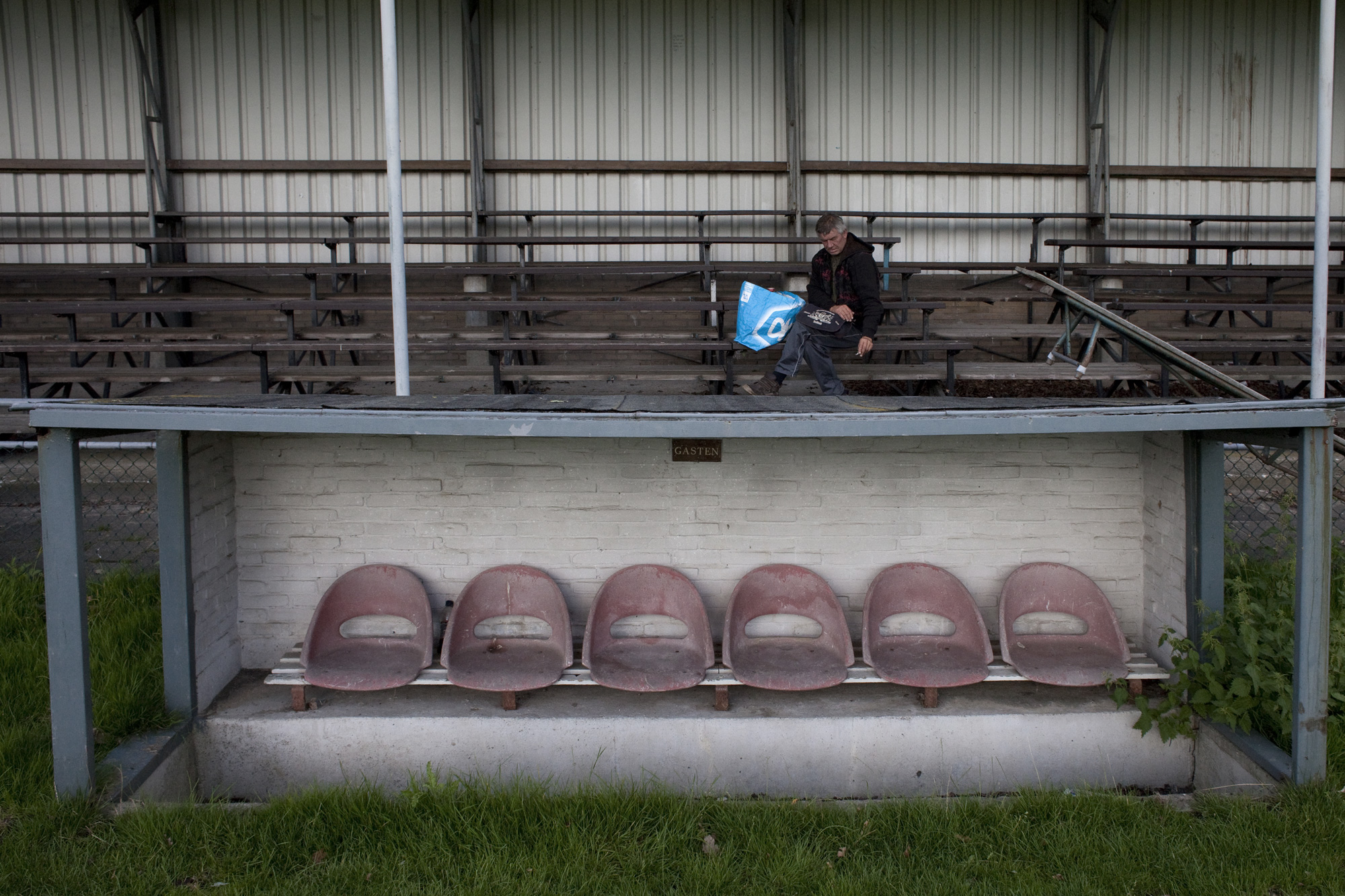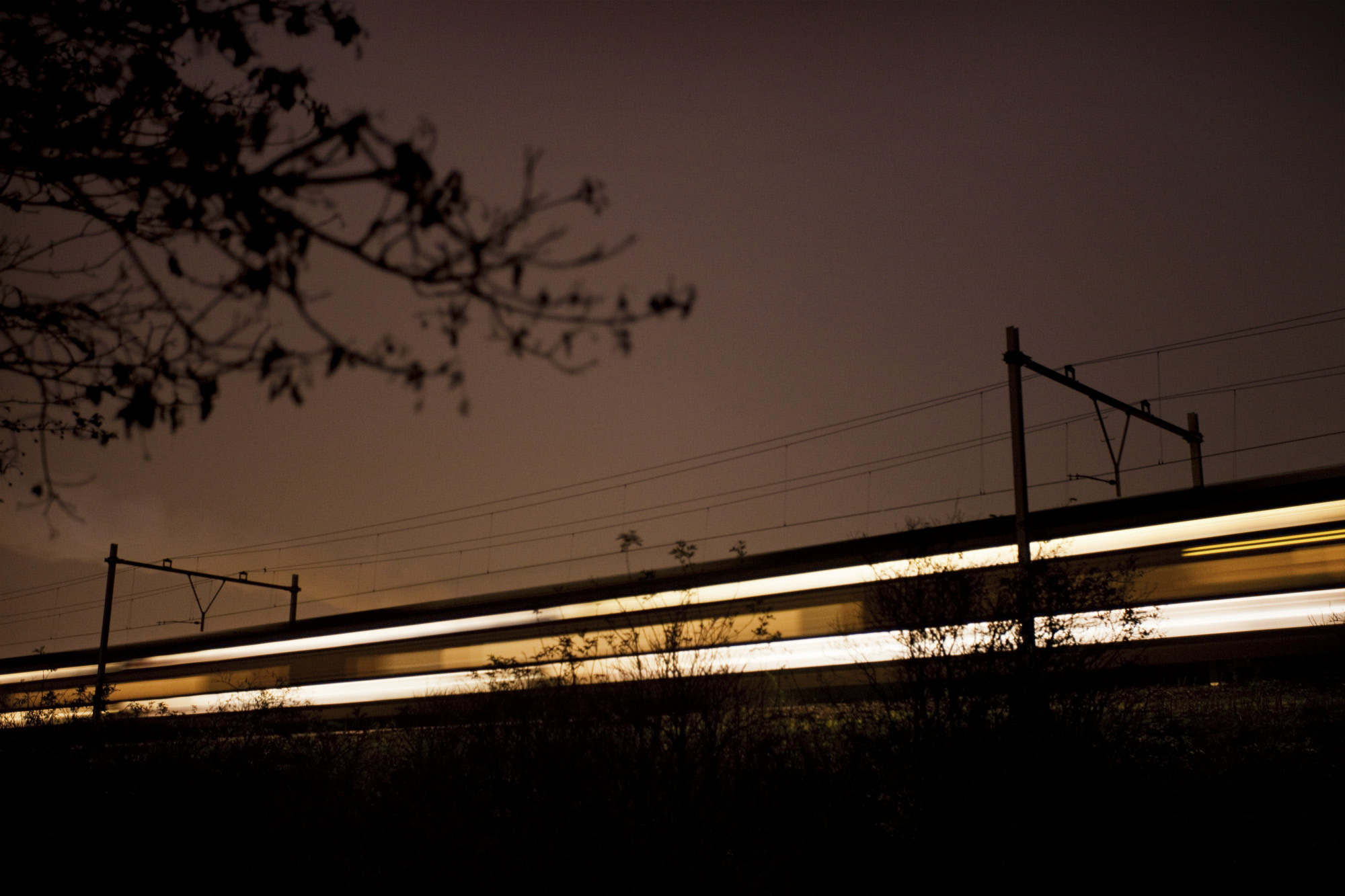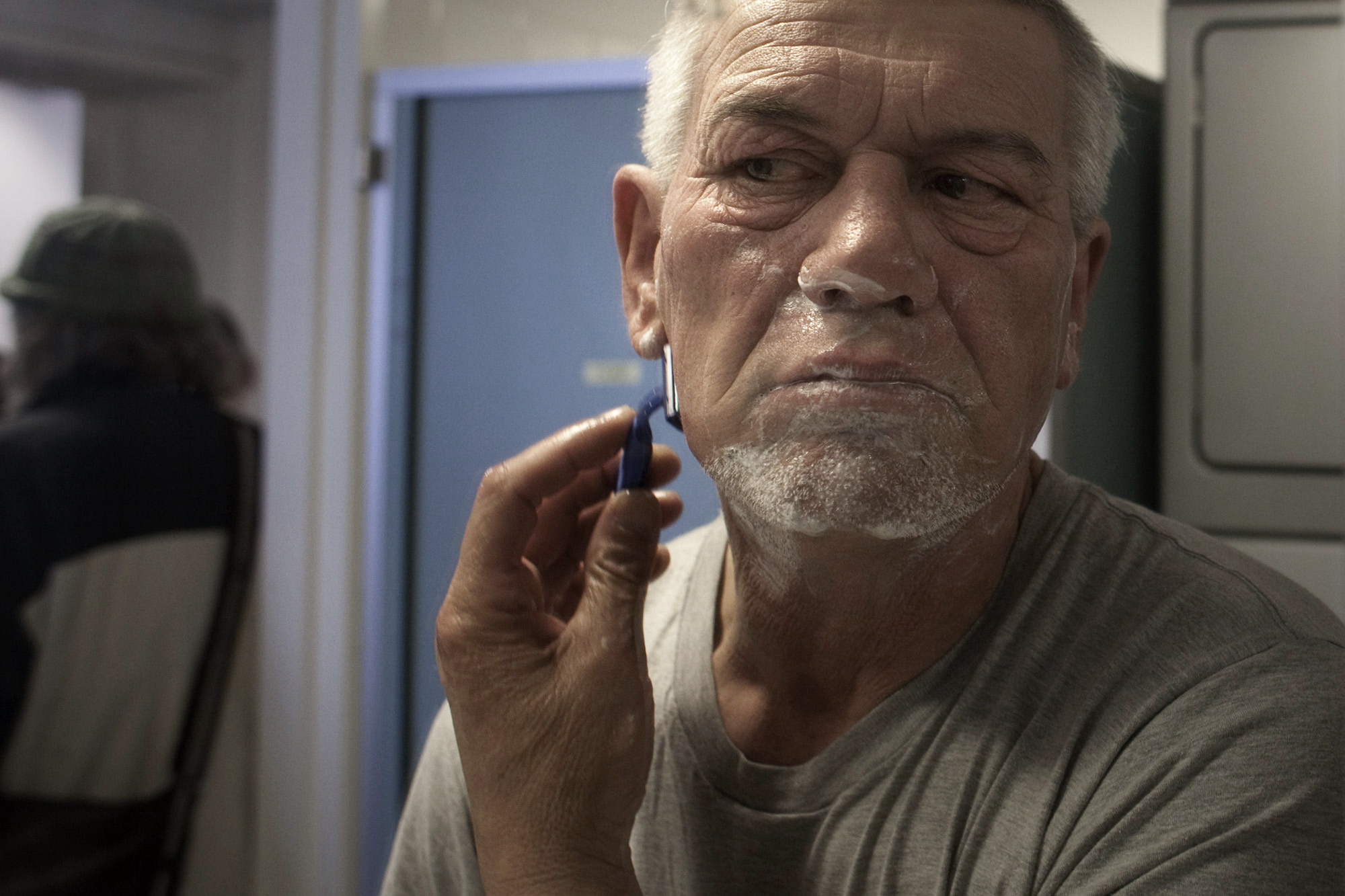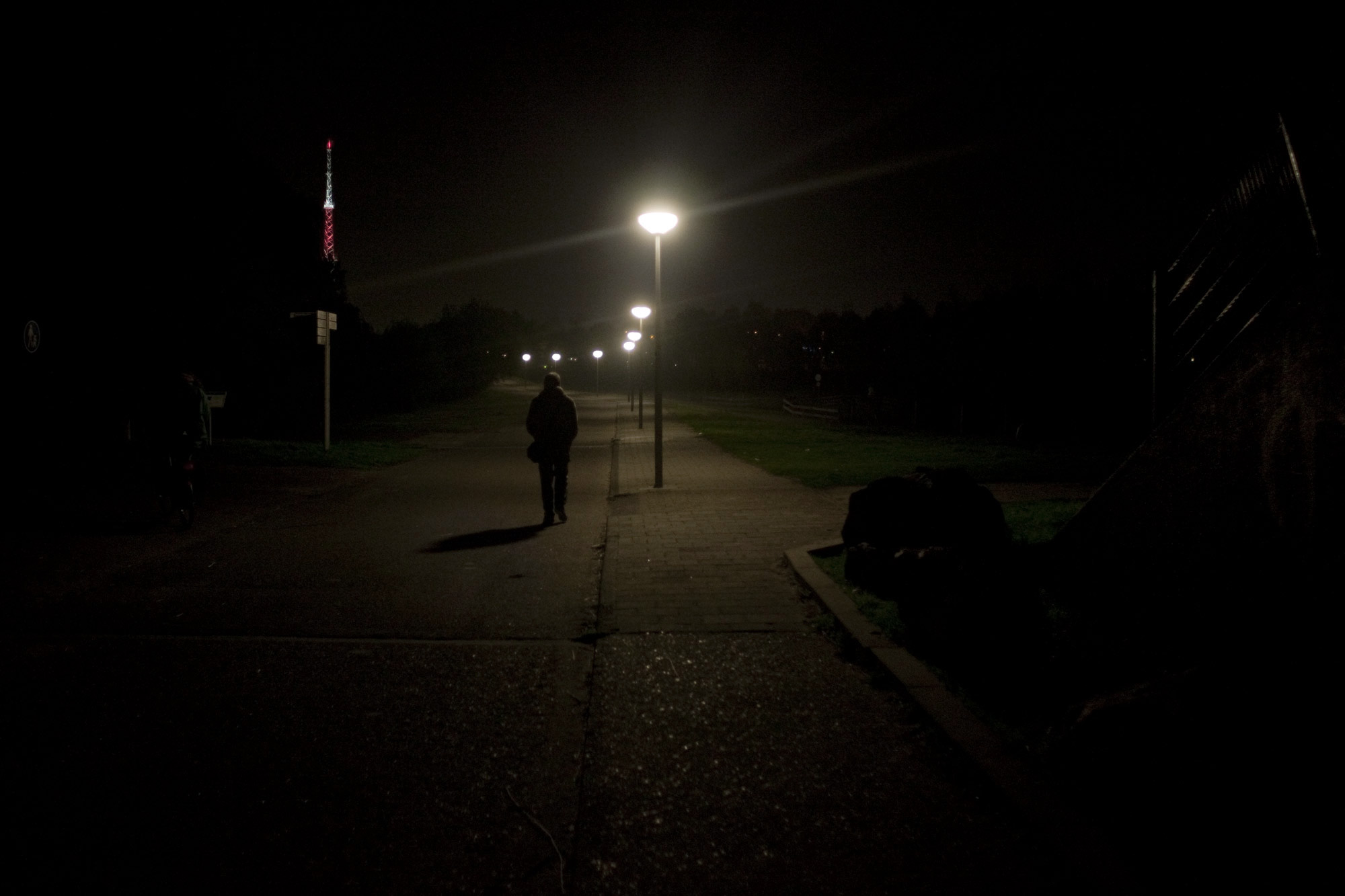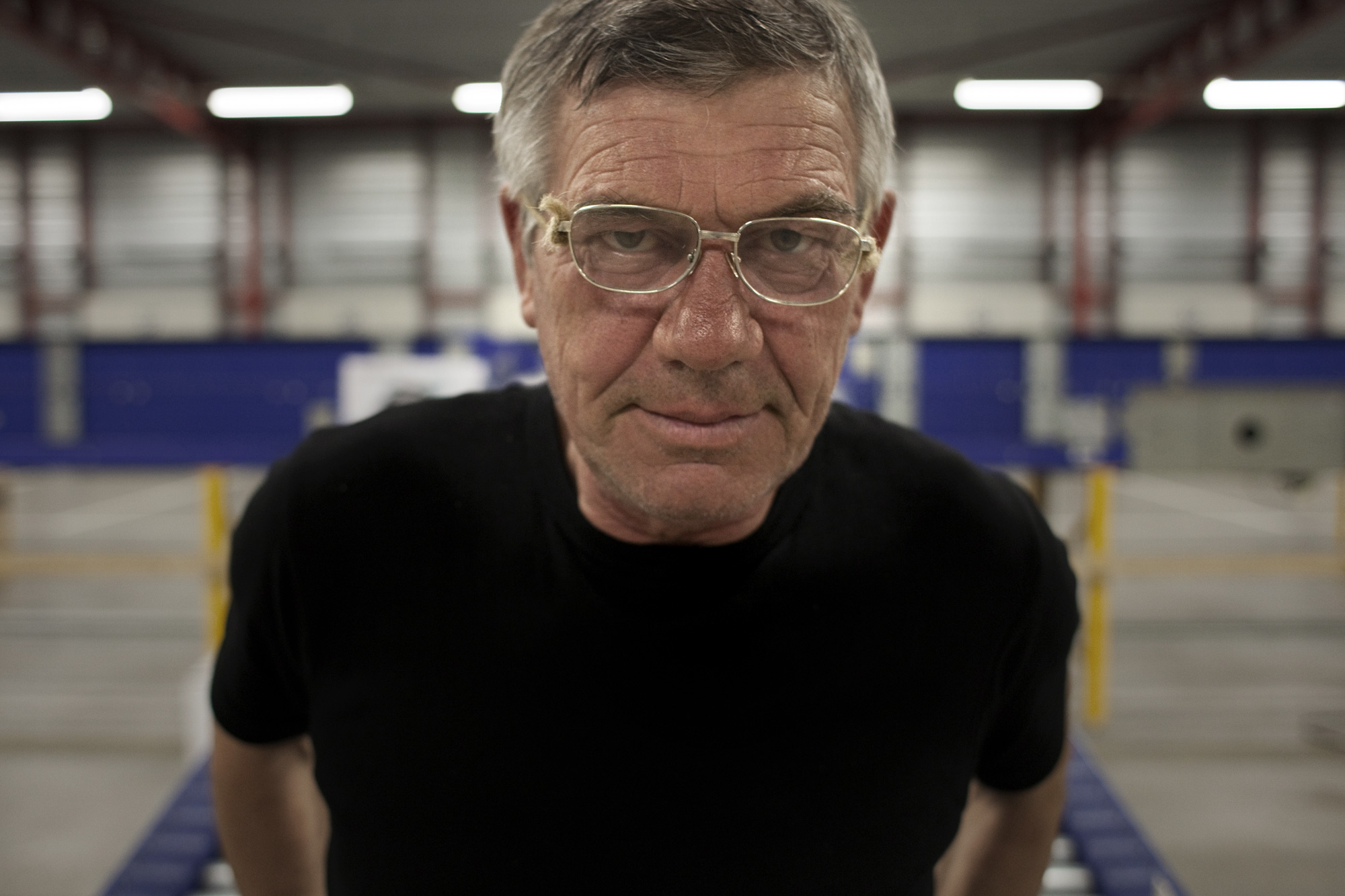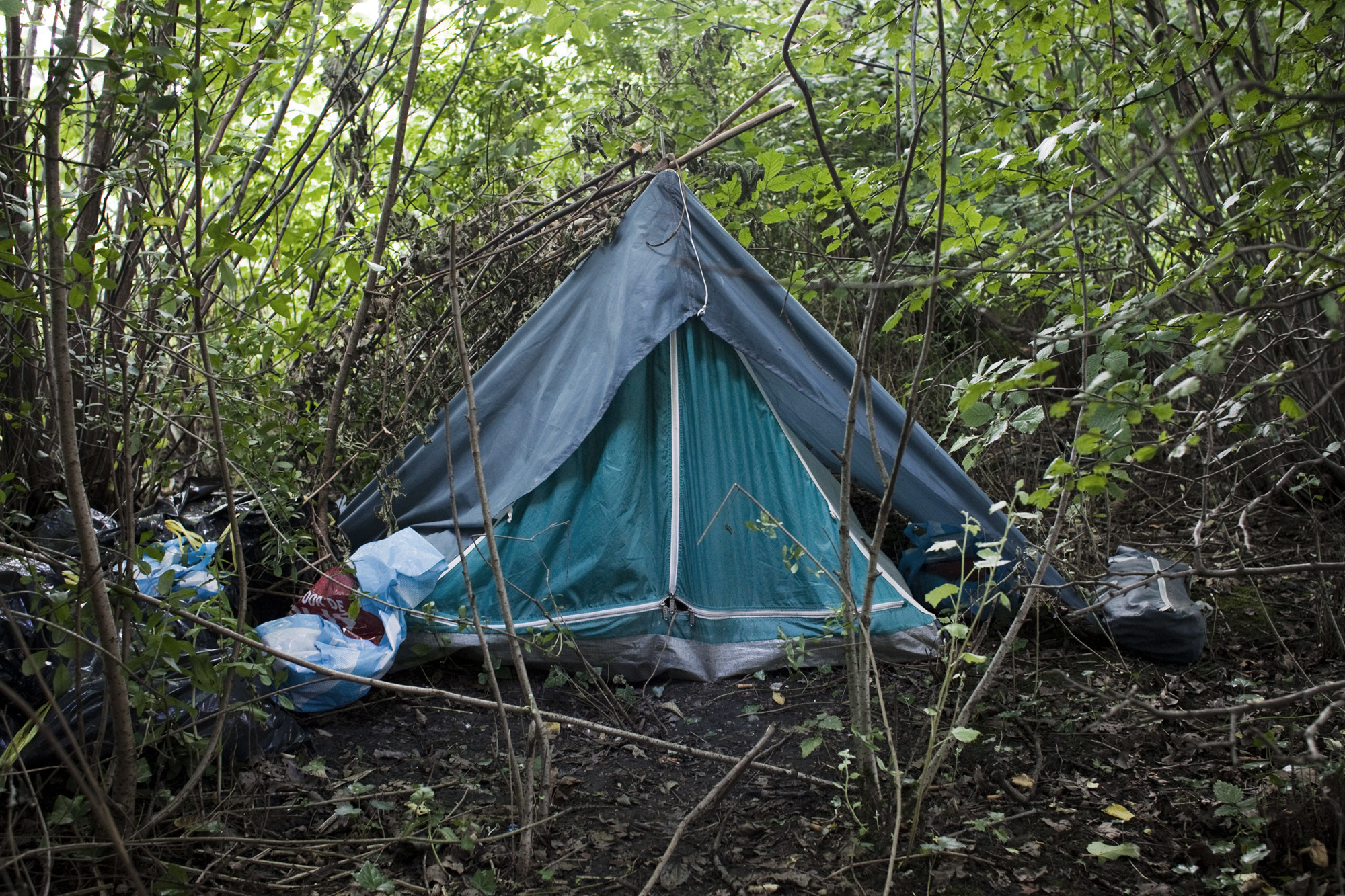Janos Szalai
Janos Szalai
"If she finds out I live in a tent I have to come home immediately"
By Maarten van der Schaaf
Three weeks a year Janos Szalai (58) has a wonderful life. Back in Hungary he sleeps with his girlfriend in a warm bed, he plays with his grandchild in the park and he drinks beers with his friends in the village pub. The rest of the year he wanders around in Amsterdam and five nights a week he sorts packages at GLS in the western docklands of Amsterdam.
At GLS, the distribution company formerly called Van Gent & Loos, Szalai earns 7.50 Euros per hour. Excluding tax though. So he scrapes together 250 Euro per week, 1,000 per month. Below the minimum wage in the Netherlands, but three times the average income in Hungary.
"Janos was a powerful man,
here in Hungary he decided about
life and death"
He never imagined that it would turn out this way. Once Janos Szalai enjoyed lots of respect. In his twenties he began his career with the police. Within a few years he moved up to the Hungarian intelligence service. There he went to work as an inspector. "Janos decided about life and death," says a friend in Hungary. "He was a powerful man."
After 25 years of faithful service, on his 51st, Szalai was obliged to stop working, there awaited him a meagre state pension of 100 Euros per month. Of this he could have lived a while, as his wife had not cheated him three years earlier. "One day I came home and my wife was gone, along with our child and 30 thousand dollars, the proceeds of the house she had secretly sold. Suddenly I had nothing: no wife, no child and no home. I was desperate"
After Szalai retired the intelligence service he started working with his brother who was a road worker. More adversity followed: his brother died a few years later from cancer. Then a friend gave him the idea to try his luck somewhere over the border, for example in the Netherlands. So with only 200 euros in his pocket Szalai traveled on the first day of spring of 2009 with the train from Budapest, Frankfurt and Duisburg to Amsterdam. His younger friend Janos Sandor (38) went along. Szalai: "I had no specific plan, knew no one in the Netherlands and did not speak the language. I was here just to make as much money as possible."
The first four months the pair roamed through the city. They did not have a permanent address. Szalai: "We slept on benches in parks and showered at The Salvation Army. Those first months I literally wore out my shoes and socks. "Then they began a tour of squatting houses from the Lelylaan, Spaarndammerstraat and the Jan Voermanstraat. When they also had to leave the last address they bought a tent and put it on in an insignificant little bush between Sportpark Spieringhorn and the office of Atos Origin, not far away from Station Sloterdijk.
Meanwhile the two Hungarians found a job through employment agency Link as a cleaner at the Amsterdam Arena. "Nice work, but unfortunately not full time." At GLS, they could work five days a week.
I want to buy a Volvo and a caravan and travel through Europe with my girlfriend. That is my dream."
There they are working over two years now. Szalai: "Part of the money that I earn I send to my new girlfriend and my daughter from my first marriage. My daughter has a daughter herself now, so she really needs my help. From the money that I save I want to buy a Volvo and a caravan and travel through Europe with my girlfriend. That is my dream."
Earlier this year they moved their tent again, this time to a forest between the rail road and the fields of the Amsterdam football club SDZ. They were not alone. Eastern European migrant workers, pedicab drivers, street artists and homeless people from all over the world made this forest, less than a kilometre away from the fashionable terraces in the Westerpark, their home. Last summer the camp consisted of seven self-built cabins, two teepees and four tents.
Villa Negra II was painted on a sign, referring to the self-forming community in the eighth district of Budapest. "The atmosphere was good," Szalai said. "We barbecued every day and drank beers together. It was very nice indeed."
Late June the curtain fell for Villa Negra at the Amstel. First a letter came from the municipality, a few days later the camp was cleared by the police. Looking for a new place Szalai met a man who posed himself as an employee of The Salvation Army. "For 400 Euros he could arrange a caravan for us. We paid him but we've never seen him again since and didn't get the caravan." In the end the Hungarians ended up back at their first camp sight near Sloterdijk station. His girlfriend, at home in Hungary, still doesn't know he sleeps outside. Szalai: "If I tell her the truth, I have to come home immediately."
Passed away
On the 24th of November 2014 Janos Szalai died in a hospital in Hungary as a result of cardiac arrest . He unfortunately did not manage to make his dreams come true but he died in the company of his family.
Rest in Peace Janos

